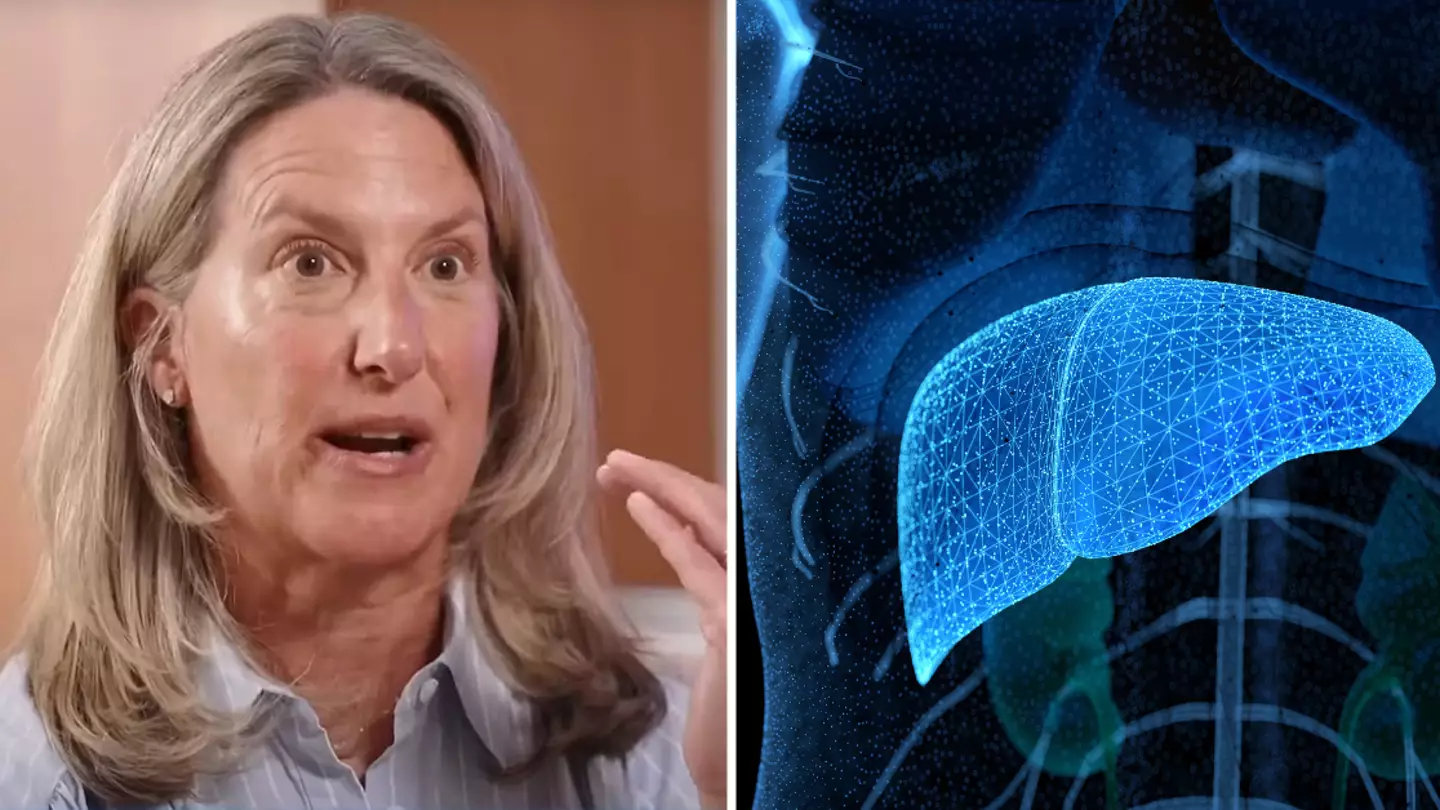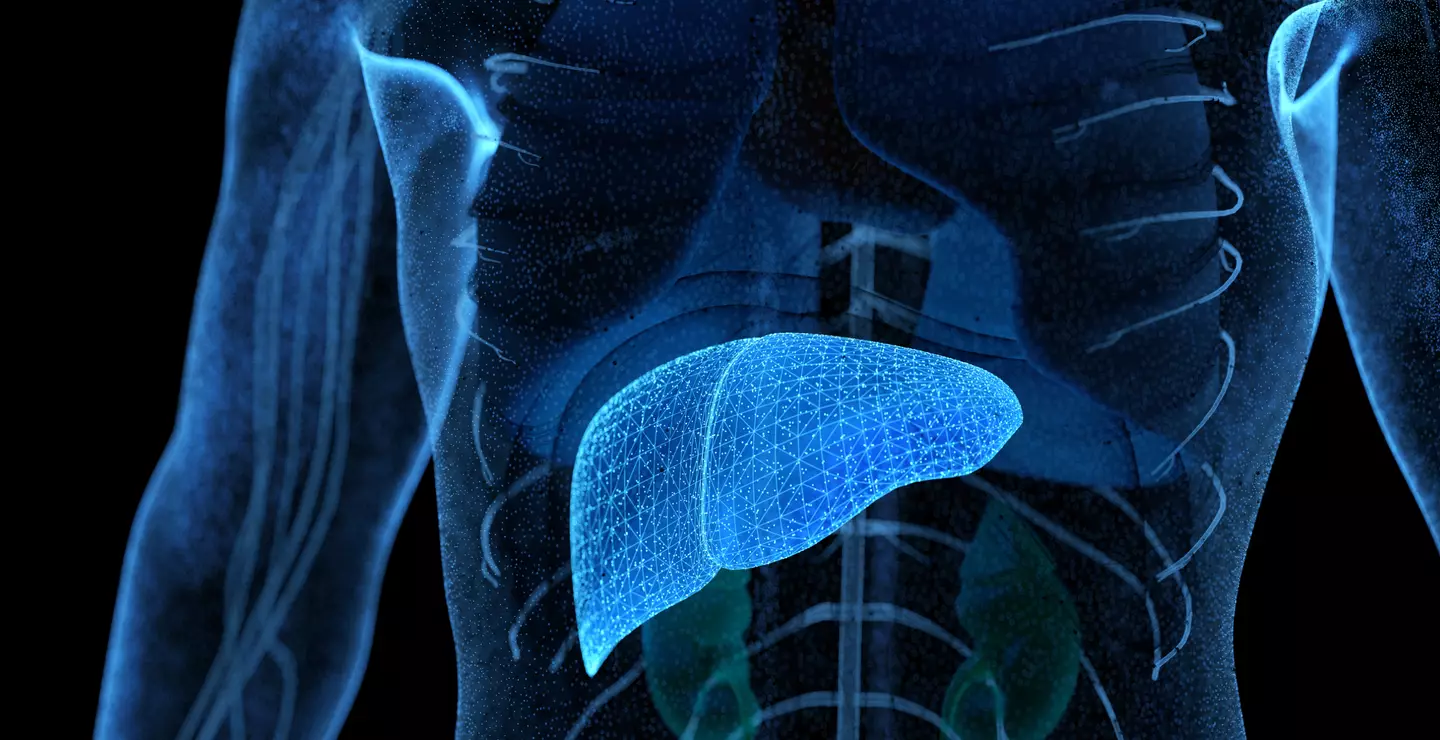
Topics: Food and Drink, Health, Life, Science, US News
Scientists have issued a warning over the potential dangers of supplements as a woman who was taking turmeric pills was left ‘one step from liver failure’.
When you step foot into a shop or even when you're just scrolling on social media, you’re met with an array of different pills claiming to improve your health.
And according to National Geographic, more than half of adults in the United States now take supplements to help with one issue or another.
But are they really all they’re cut out to be? Well, the publication has reported that scientists have seen a big rise in liver injury and failure linked to supplement use.
Advert
One study outlines that a whopping 20 percent of drug-induced liver injury in the US is related to herbal and dietary supplements.
And on top of the more serious outcomes, patients are also reporting side effects including mood swings, gastrointestinal issues, fatigue, kidney stones, hair loss, and high blood pressure.

One recent example of this is Katie Mohan, 57, from New Jersey, who was left with some serious health issues after she implemented turmeric supplements into her daily diet.
She began suffering from nausea, stomach pain, and fatigue just a few weeks after she began taking them, as well as noticing that her eyes were yellowing and her urine was considerably darker.
Only months later did she realise that her newfound problems were linked to the pills, which she was taking daily after seeing someone praise them on social media due to their supposed benefits for inflammation and joint pain relief.
By the time Mohan made the connection and took herself to urgent care, her liver enzyme levels were 60 times the normal limit.
She was hospitalised for six days and treated with an antiviral drip in order to regenerate her liver.
Mohan had essentially poisoned her liver with turmeric, as she was ingesting more than four times the daily amount recommended, as the packet had allegedly instructed her to do.
This kind of ‘megadosing’ is exactly what scientists are now issuing a warning about, as well as the fact that a lot of supplements have not been tested for efficacy or safety.

Marwan Ghabril, a hepatologist and professor of medicine at Indiana University School of Medicine, has given his take.
Experts have outlined how supplements are not regulated in the same way as prescription drugs so it can be hard to know which ones could actually be doing more harm than good.
He told the publication: “While things like simple vitamins and minerals are generally okay, with some points of caution [niacin can be hepatotoxic in high doses], I would generally avoid anything with herbal or botanical ingredients.”
The expert added: “The evidence is clear that herbal and dietary supplements can cause liver injury just like prescription drugs can.
“There is a clear unmet need for our population's well-being and safety when it comes to their marketing and use.”
Meanwhile, Dariush Mozaffarian, a cardiologist and dean of the Tufts Friedman School of Nutrition Science and Policy, has warned that ‘when it comes to supplements, higher doesn't necessarily mean better’.
This is because, like we’ve seen with Mohan, high doses can interfere with the body’s processes.
The scientists advise that if you want to implement a supplement into your life, you should seek advice from your doctor and make sure they’re coming from a reputable provider that’s been tested by a third party.
Make sure you're not taking more than the recommended dose and also ensure you cross-check that they're safe to take with any other pills you're taking.